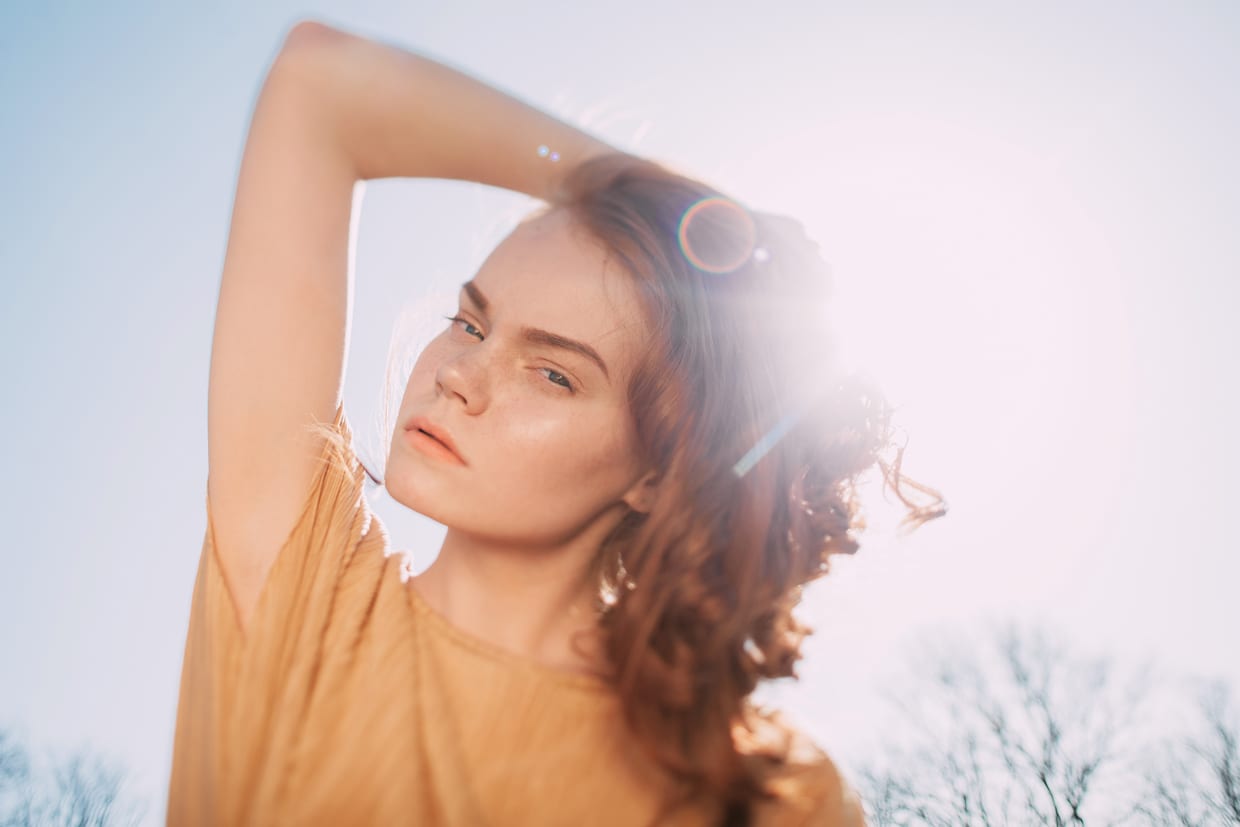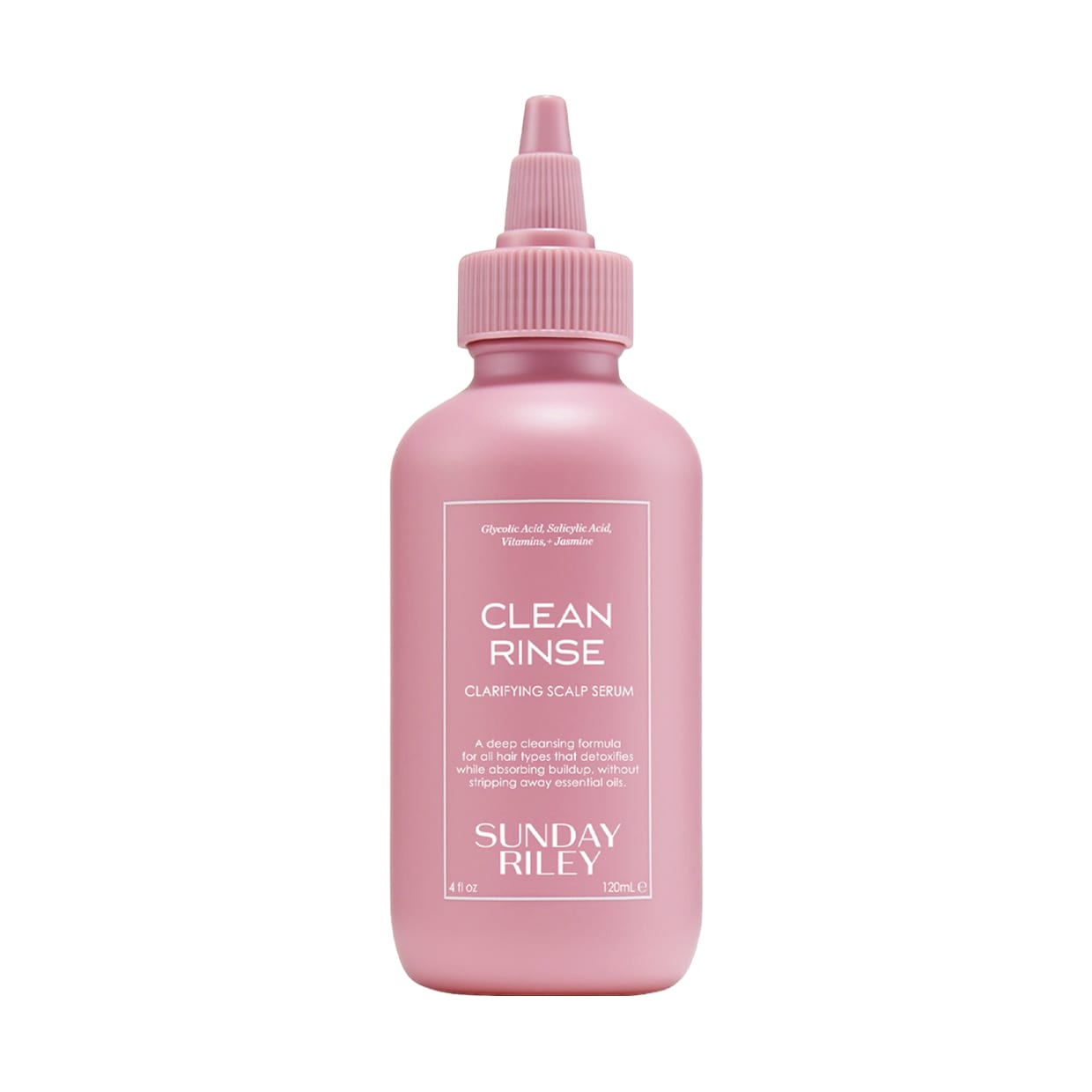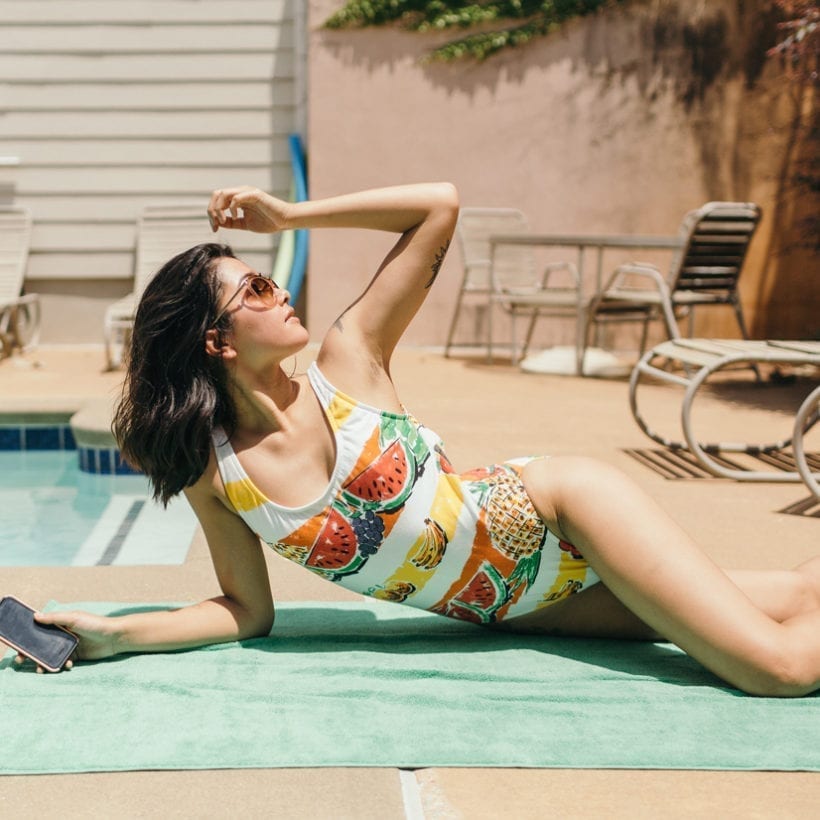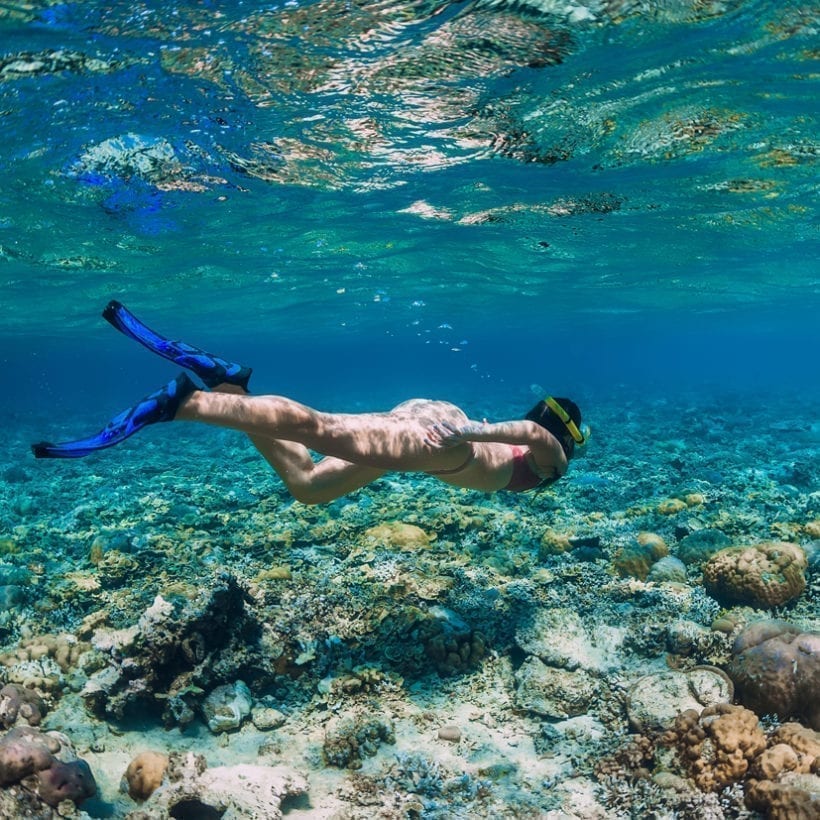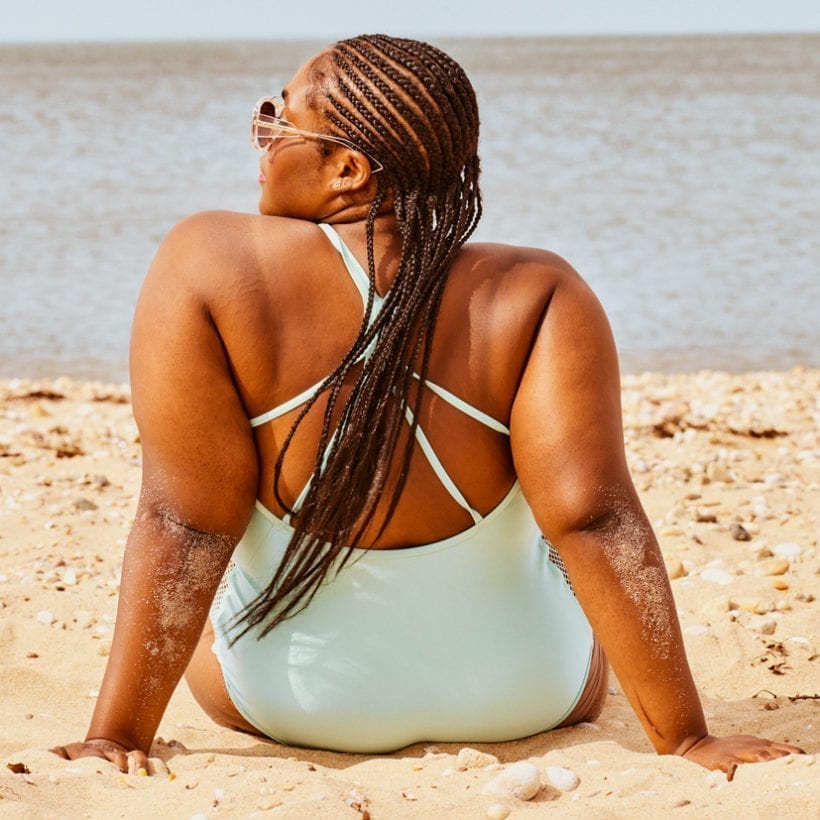Oh joy, summertime is back. For some summer represents a whirlwind romance by the beach and for others it is a lonely few months of constant perspiration and burnt scalps. While we can’t help you find a summer bae (thanks COVID!), we can give you some advice on the latter. Many of us are diligent when it comes to applying sunscreen all over the body, especially when going to the pool or beach, but do you ever get your scalp? We spoke to two leading dermatologists to get the 411 on preventing scalp burn so you can spend your time worrying about other things.
Repeatedly Burning Your Scalp Is Dangerous
It is important to note that every scalp burn increases your risk of developing skin cancer.
“UV radiation and environmental damage affect skin on the scalp the same way they affect skin on the body – by creating cellular damage,” according to cosmetic dermatologist Julie Russak, M.D. “Your scalp receives direct radiation from the sun and is prone to developing skin cancers like other parts of the body. A good broad spectrum sunscreen can help prevent development of many skin cancers,” adds Rachel Nazarian, M.D. of Schweiger Dermatology in New York City. It is important to note that every scalp burn increases your risk of developing skin cancer.
Thin Hair Burns More Easily
Our hair is designed to offer us a level of natural sun protection. Russak explains, “Thick hair definitely acts as a shield for the scalp. As hair starts to thin out, whether genetically or as part of aging, there is a higher risk for scalp burns.” Since we do not have control over our hair type, sunscreen can protect against environmental damage to our hair.
The Color of Your Hair Also Makes an Impact
The cells in our body makes two different forms of melanin: eumelanin and pheomelanin. The relative amounts of these two pigments determine a person’s hair and eye color. “People with dark hair have more eumelanin production, and tend to tan rather than burn when exposed to UV radiation, since eumelanin is more protective from damage caused by ultraviolet radiation in sunlight. Fair skinned people and people with red hair tend to produce more pheomelanin and thus tend to tan poorly,” says Russak. Nazarian adds “Lighter hair is more at risk for allowing radiation to shine through to the scalp – and needs to be diligent about scalp protection.”

Hats Can Help, but…
“It depends on the UV protection index of the material that the hat is made of. The same goes for the body; wearing a t-shirt is not a substitute for sunscreen (a white t-shirt has a SPF of only about 5),” says Russak. “Tighter weaves and certain fabrics can block a majority of ultraviolet radiation, but looser weave hats may still allow for some penetration of ultraviolet right,” adds Nazarian. It is always best to double up on your protection and wear sunscreen in addition to physical clothing protection.
Look for a Scalp-Specific Sunscreen
It is often hard to get the right coverage when using a classic body sunscreen on the scalp. The creamy formulas often stick to the hair, and are difficult to apply evenly. “Hair can prevent regular sunscreen from getting to the scalp itself, and can settle only on the hair. Scalp sunscreens are designed to penetrate the hair and protect the actual scalp too,” says Russak.
“For the best results, look for a powder or spray on sunscreen with mineral UV shield (look for the active ingredients zinc oxide and titanium dioxide). Also, look for products that contain antioxidants and amino acids including vitamin C, a natural antioxidant present in our body, which helps reduce free radical damage to the skin on the scalp and hair shaft itself,” adds Russak. Reapply every 2-3 hours when exposed to the sun and opt for a broad spectrum with SPF 30 or above.
Spend Extra Time Cleansing the Scalp
Scalp care is incredibly important and while beneficial, not all formulations wash out easily. “Sunscreen can definitely build up on the scalp and clog its pores, therefore it’s important to use scalp exfoliants to keep your scalp healthy,” says Russak. Use a weekly deep cleansing scalp serum to prevent build up.
This lightweight SPF 30 blend of plant-based antioxidants and sunscreen actives protects and nourishes the scalp.
Similar to dry shampoo, this translucent 100% mineral broad spectrum SPF 45 is the non-greasy UV protection we have been waiting for.
The glycolic acid in Clean Rinse removes any product buildup and dead skin, while free fatty acids and a vitamin complex help to nourish the skin.
We only recommend products we have independently researched, tested, and loved. If you purchase a product found through our links, Sunday Edit may earn an affiliate commission.
